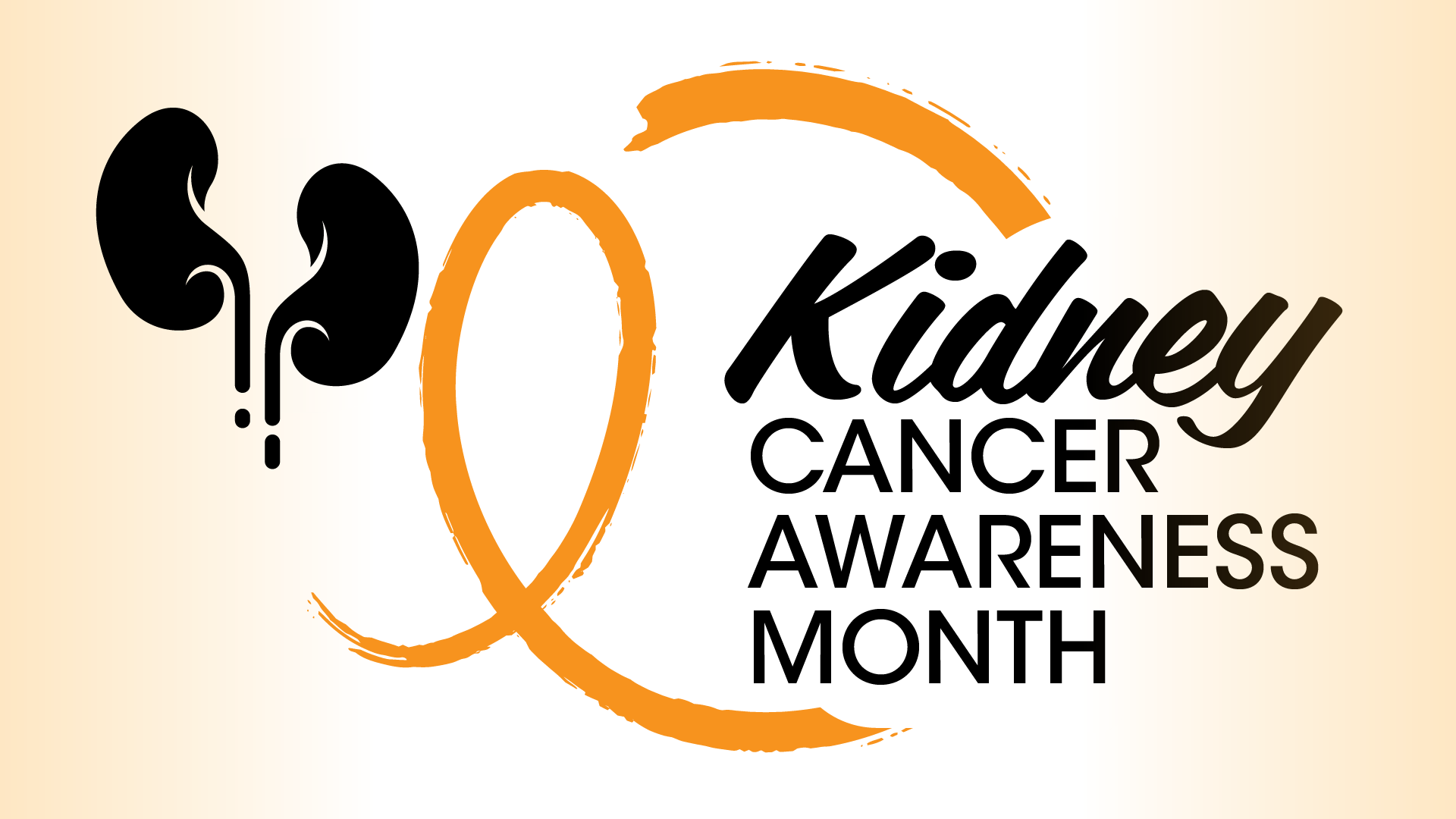
Certain Factors May Impact Kidney Cancer Outcomes From Immunotherapy

The impact of the gut microbiome, and antibiotics and probiotics on immunotherapy outcomes are areas of research currently under investigation for patients with kidney cancer and other cancers, according to an expert from University Hospitals.
In an interview with CancerNetwork® during
According to Rao, medical director of integrative oncology for University Hospitals Connor Whole Health and president-elect for the Society for Integrative Oncology, lifestyle factors and clinical factors such as gut microbiome and administration of antibiotics and probiotics should be considered.
Transcript:
There’s a lot going on right now when it comes to research. There are now guidelines around physical activity, which is important for us to know about obesity and diet. I find that some of the other areas of research are potentially impactful with renal cell carcinoma [RCC]. I happen to be a medical oncologist, and this is one of the cancers that I treat. One of the backbones of treatment for kidney cancer is immunotherapy. And while immunotherapy is new, we’re starting to learn more and more about the impacts of lifestyle and other factors that may modify somebody’s outcomes or response to immunotherapy.
Some of the most intriguing research is in melanoma, where there are some studies that suggest how your microbiome is potentially a modifying factor for immunotherapy. These bacteria in your gut often have a very important biological function for some of the vitamins that you absorb. But they can change if you take antibiotics or based on your diet. One of the things that I found really intriguing and interesting is the suggestion that you want a diverse microbiome, and that correlates well with having a good response from immunotherapy.
I’ve seen certain studies where if you’re on antibiotics, for example, it can affect your response to immunotherapy. If you’re on probiotics, believe it or not, there were some studies suggesting that it might negatively impact your response to immunotherapy because you don’t have as much diversity. And while [the data are] early, these things are interesting and important.
As a physician, many times what we’re looking for is if we can maximize somebody’s benefit from a therapy. It’s not good enough to just say, “Hey, we’re going to give you this treatment, and you’re going to do well.” What we know is that there are some people who do really well, and some people who don’t get as much benefit. Sometimes, that’s a tumor specific thing. But as we learn more, we want to get a better sense if there were things that we could have done differently that would have improved somebody’s outcome.
Newsletter
Stay up to date on recent advances in the multidisciplinary approach to cancer.



































